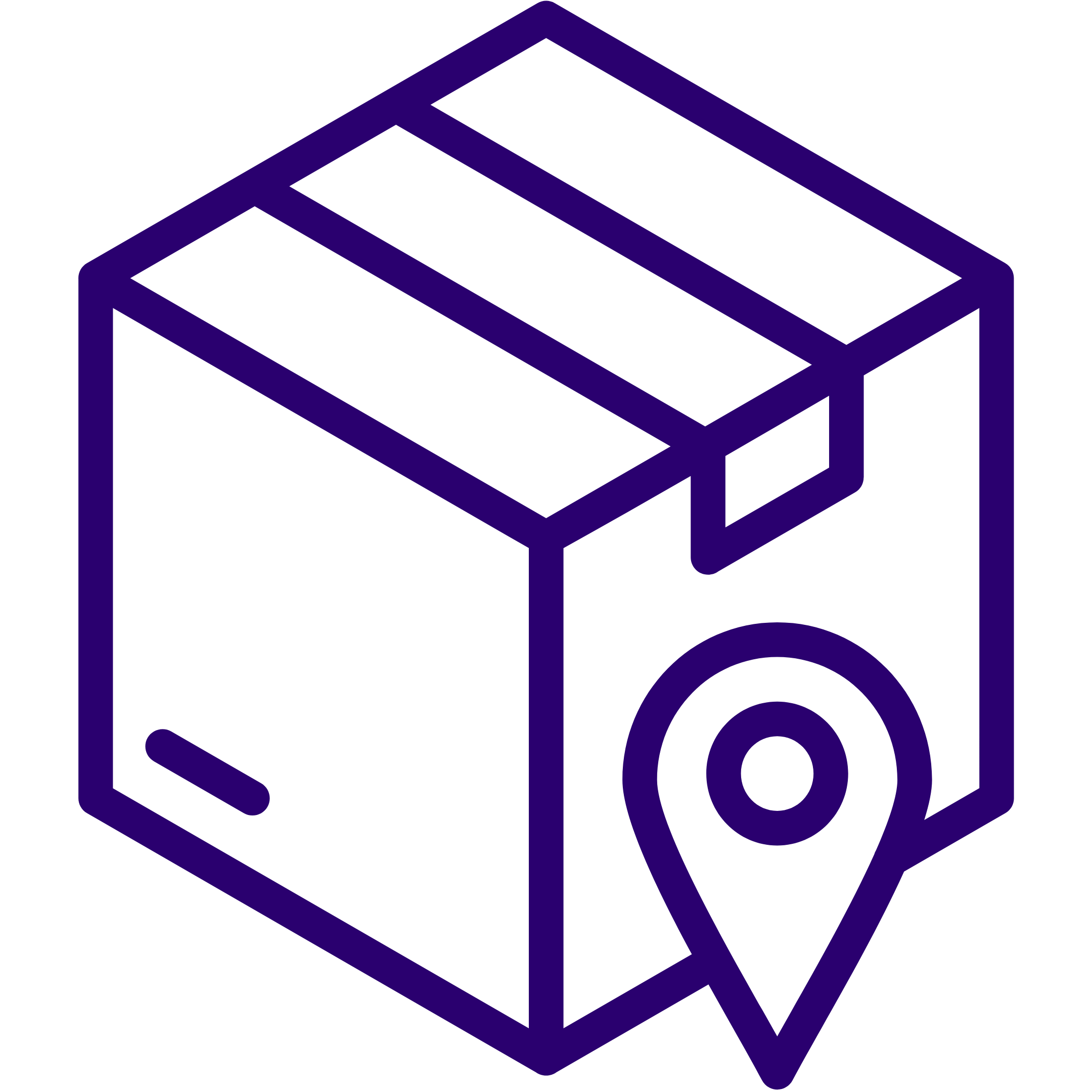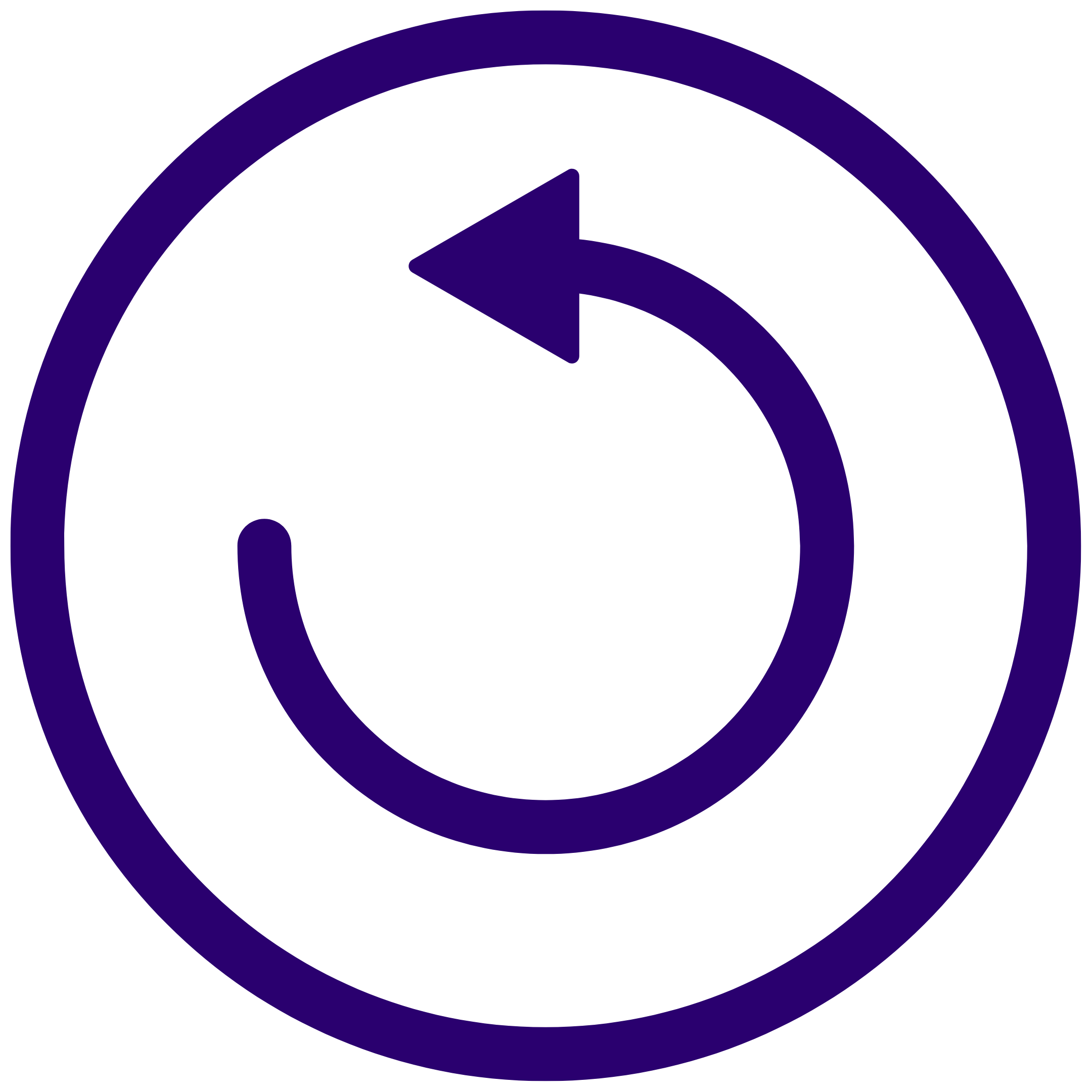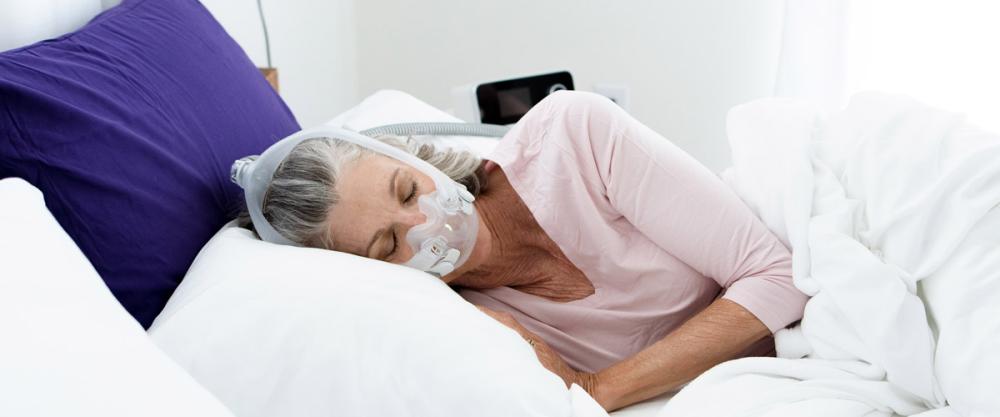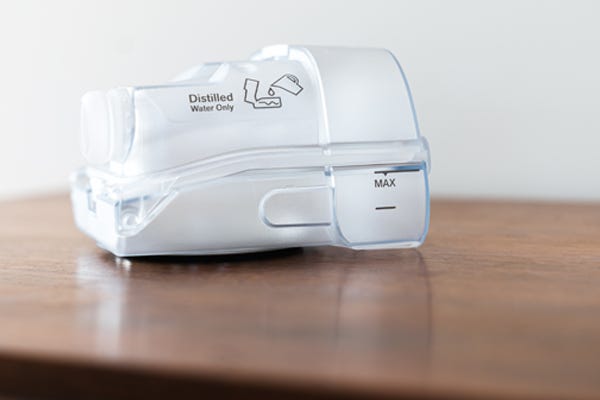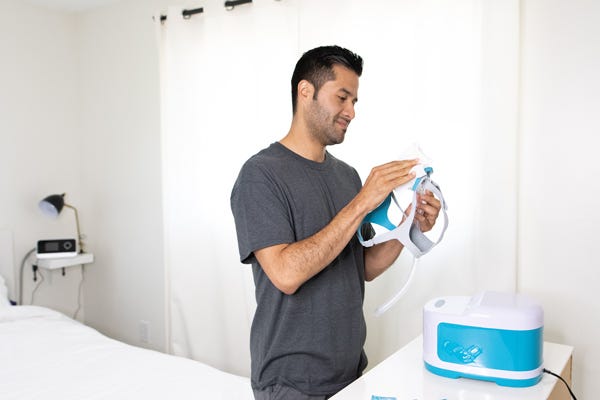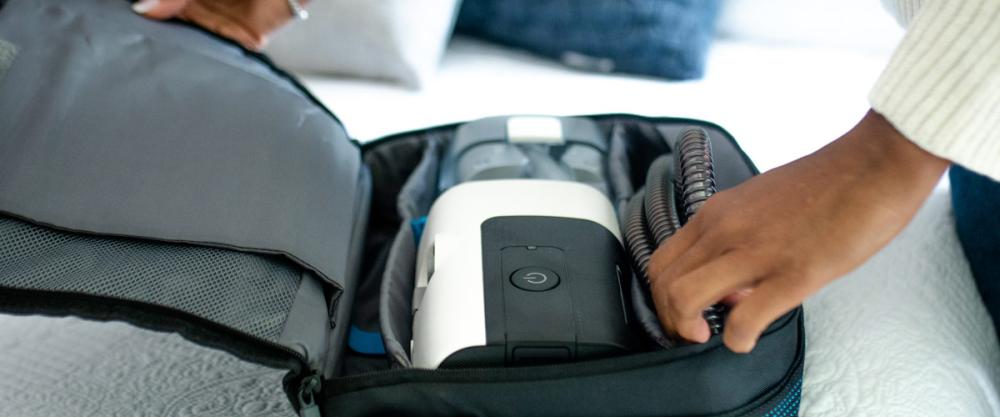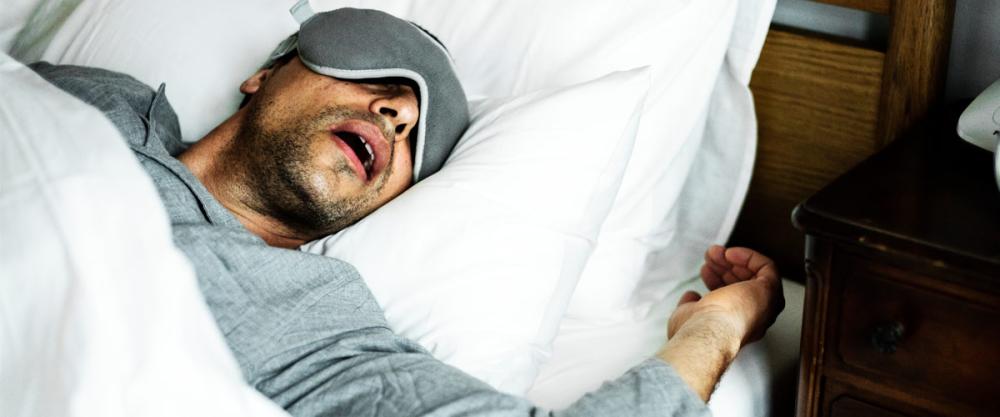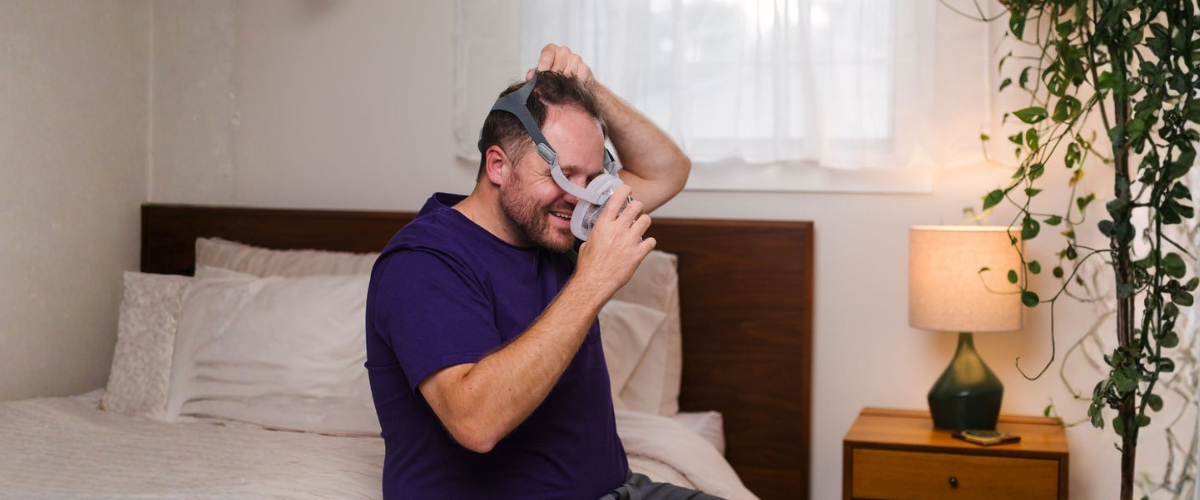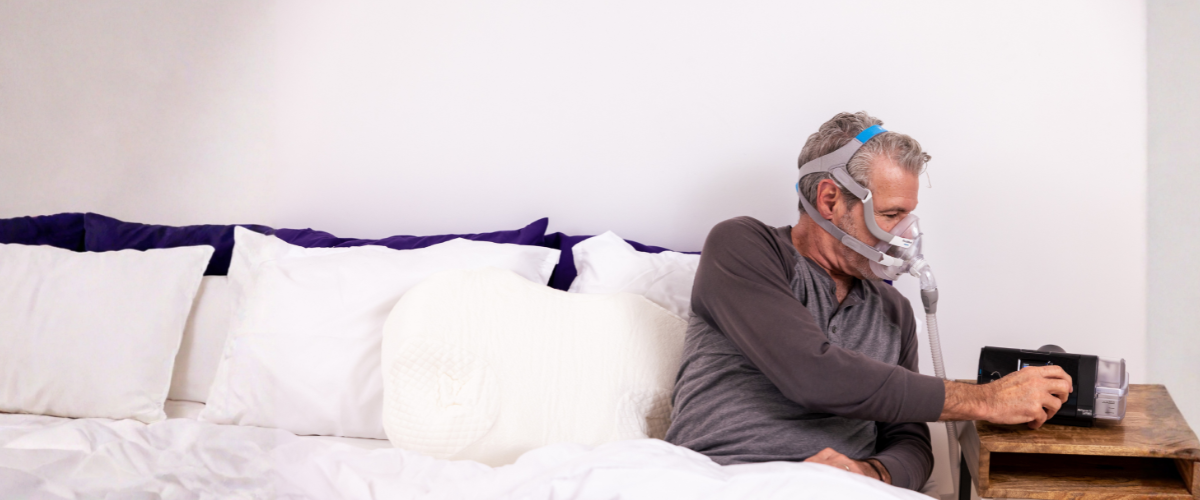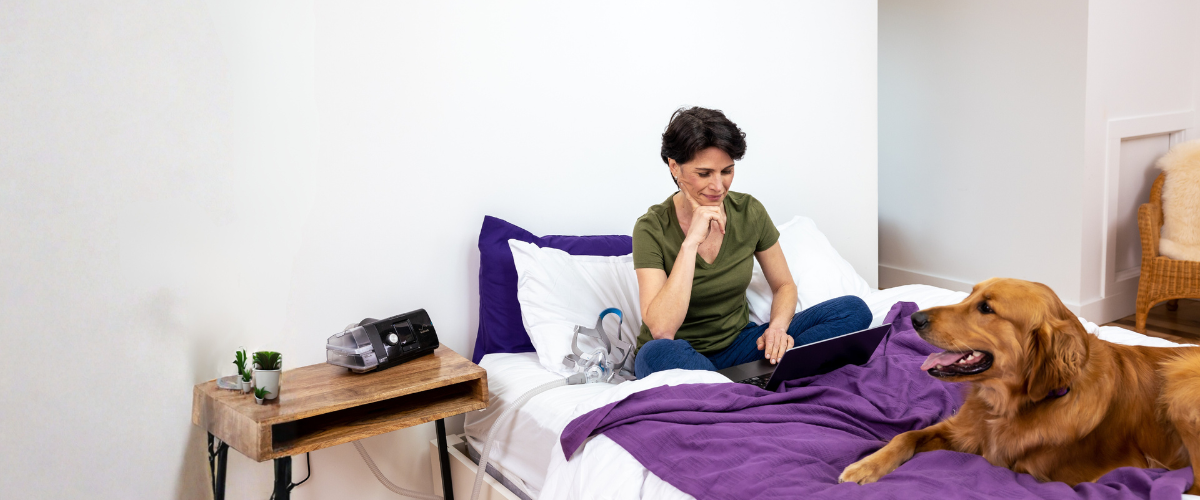Sleep apnea patients often wonder if they really need a CPAP humidifier or if it’s just an extra feature they’ll never use. Some people are perfectly fine without one and find CPAP therapy comfortable and effective as is. But a humidifier can provide a lot of relief for those with congestion or who experience some of the most common discomforts associated with CPAP use.
What Is a CPAP Humidifier?
A humidifier adds moisture to the forced air coming in from your machine. It adds a therapeutic element to your sleep apnea treatment and allows you to control the humidity level to fit your needs. Many modern CPAP machines come equipped with a built-in humidifier. Still, you can also get a humidifier attachment for devices without one.
Humidification can help whether you’re struggling with seasonal allergies, overly dry air, or other common obstacles to a good night’s sleep. People typically find that more moisture is needed during the fall and winter when the heat kicks on and dries out the air in the home.
How CPAP Humidification Helps
Sometimes CPAP users find their airways can become irritated by the forced air, which can lead to:
- Irritation of the throat and nasal passages
- Nosebleeds
- Dry mouth
- Congestion
- Sneezing
CPAP machines with humidifiers also help to relieve:
- Sinus infections
- Seasonal allergy discomfort
Types of CPAP Humidifiers
Integrated Humidifier - A integrated humidifier is designed for a specific CPAP machine that can easily be attached. The humidifier is easy to remove for cleaning, travel, or other purposes.
Built-In Humidifier - This type of humidifier is precisely what it sounds like. The humidifier water chamber can be removed for cleaning, but the unit remains attached.
Stand-Alone Humidifier - A stand-alone humidifier works with most machines. It has its own power cord and a tube to connect to your CPAP machine.
Heated Humidifier - This one uses heat to add warm therapeutic moisture to the air. You may also purchase a heated tube to use with some non-heated humidifiers to achieve the same effect. Heated humidification helps clear up congestion and soothe irritated airways.
Waterless Humidifier - For CPAP users who have the AirMini travel CPAP machine, the HumidX by ResMed captures the heat and moisture of your breath on the exhale and uses it to humidify your air on the inhale. It's ideal to save space and minimize product weight for travelers.
CPAP Humidifier Cleaning
- Empty any remaining water from the chamber.
- Fill the chamber is 1 part white vinegar with 5 parts water and soak for 30 minutes.
- Rinse with plain water and give it time to fully air dry.
- Some humidifiers are dishwasher safe but don’t skip the vinegar soak.
- Only fill it with distilled water to avoid the build-up of harmful minerals. Never use tap water.
You can also sanitize your water chamber (as well as the rest of your supplies) with devices like the Lumin, NuWave, or Paptizer sanitizers.
Humidifier Hacks
Preventing CPAP Rainout - If you have cold air in your bedroom, condensation could build up in your CPAP tubing. If you notice water collecting in your tubing or mask, simply adjust your CPAP humidity level, or consider using a heated humidifier or tubing.
Getting Used To Your CPAP Device - It can be tricky to get used to your sleep apnea therapy at first and humidity adds a whole new level. You may have to test a few different settings to find the right one. Also, it may need to change with fluctuating temperatures during the seasons. If you suspect your CPAP pressure needs adjusting, always seek medical advice from your healthcare professional.
Is a CPAP Humidifier Right for Me?
t very well could be. If you suffer from seasonal allergies, get congested often, or feel like your CPAP treatment dries you out, you should definitely consider adding therapeutic moisture to your treatment. Now that you know what to look for, check out our selection of CPAP humidifiers today!

